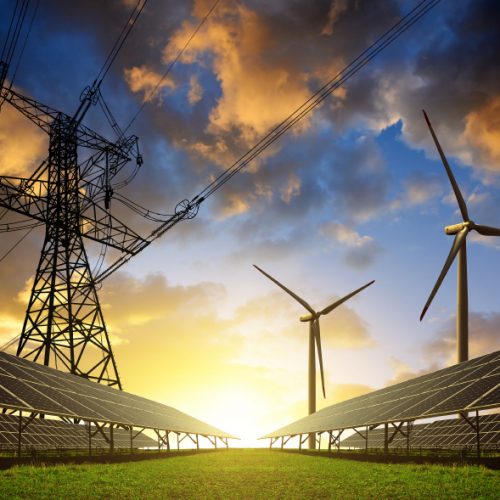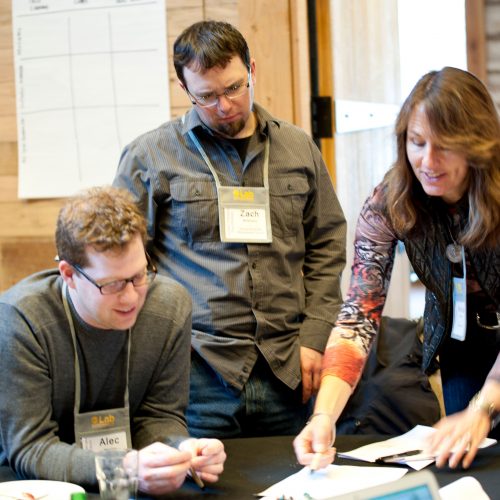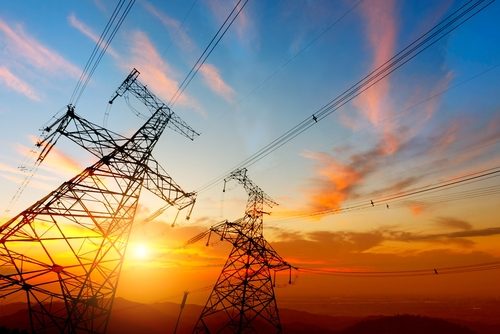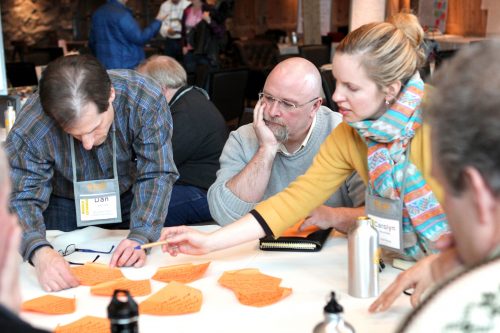
eLab Accelerator 2014
Boulder Utility Service Model

Project Objective
Explore Boulder’s energy future vision and what municipal rate structures and business models could enable that vision.

Project Team Members
Heather Bailey, Executive Director of Energy Strategy and Electric Utility Development, City of Boulder, LinkedIn
Cameron Brooks, Founder, Tolerable Planet Enterprise, LinkedIn
Stephen Frantz, Program Planner, Sacramento Municipal Utilities District, LinkedIn
Jonathan Koehn, Environmental Affairs Manager, City of Boulder, LinkedIn
Paul Komor, Renewable and Sustainable Energy Institute (RASEI), University of Colorado, LinkedIn
Sam Weaver, President & CEO, Cool Energy; Boulder City Council, LinkedIn

Project Description
In 2011, citizens of Boulder, CO, passed a ballot measure directing their city government to explore options that could deliver clean, reliable and affordable local energy. The Boulder Energy Future Project was created to undertake this work and, for the past two years, city staff has worked with industry experts and community stakeholders to develop a vision for Boulder’s energy future. Among the options under consideration, the group is investigating the possibility of forming a city-owned municipal utility. If municipalization should move forward, Boulder has the opportunity and challenge to transform from a 20th Century utility business model of electricity provided mostly by remote, fossil-fuel sources to a 21st Century utility of the future model. Boulder’s utility of the future would provide clean energy services as the product. This locally-owned utility would prioritize meeting customers’ needs through tools such as energy efficiency, distributed generation and new rate structures. Boulder citizens voted for the city to explore this transformative model in order to reduce greenhouse gas emissions while keeping rates and reliability equal to or better than the status quo. At e-Lab Accelerator, members of the Boulder Energy Future office and city government, together with local energy experts and key stakeholders, will collaborate to develop a shared vision for modern rate designs and service offerings that can achieve Boulder’s goals for clean, local energy.

Progress Made to Date (pre-Accelerator)
Since starting work on Boulder’s Energy Future, the city has learned a great deal about its energy system and how that system relates to long-term community goals. While driven initially by the community’s strong desire to significantly reduce greenhouse gas emissions, the discussion has evolved to include a more robust vision of a future that features a fundamentally different energy system and business model. If successful, this new system would achieve not only deep reductions in carbon emissions but also economic innovation and an improved community quality of life. This vision, sometimes referred to as “localization” includes three key attributes: Decarbonization - switching to renewable, affordable, clean and abundant fuel sources while also decreasing our dependence on energy sources through greater efficiency; Decentralization - switching to a networked model of energy generation and management, in which informed customers interact with an intelligent grid in ways that advance energy security, efficiency and reliability; Democratization - switching to a decision-making model and utility culture that is customer-centered, supports tailored solutions and advances the community’s vision and values.

Post-Accelerator Outcomes
At Accelerator, team members reviewed community energy goals and developed a framework for business model options that will provide robust energy services to Boulder citizens and businesses. The envisioned “Boulder Energy Marketplace” will be a platform on which energy goals of decentralization, democratization, and decarbonization are achieved, and which provides appropriate incentives for system evolution and innovation. Following Accelerator, team members are actively communicating the energy marketplace vision to key stakeholders through community meetings, media, and other outlets, and are moving forward with a larger community conversation to expand that vision.